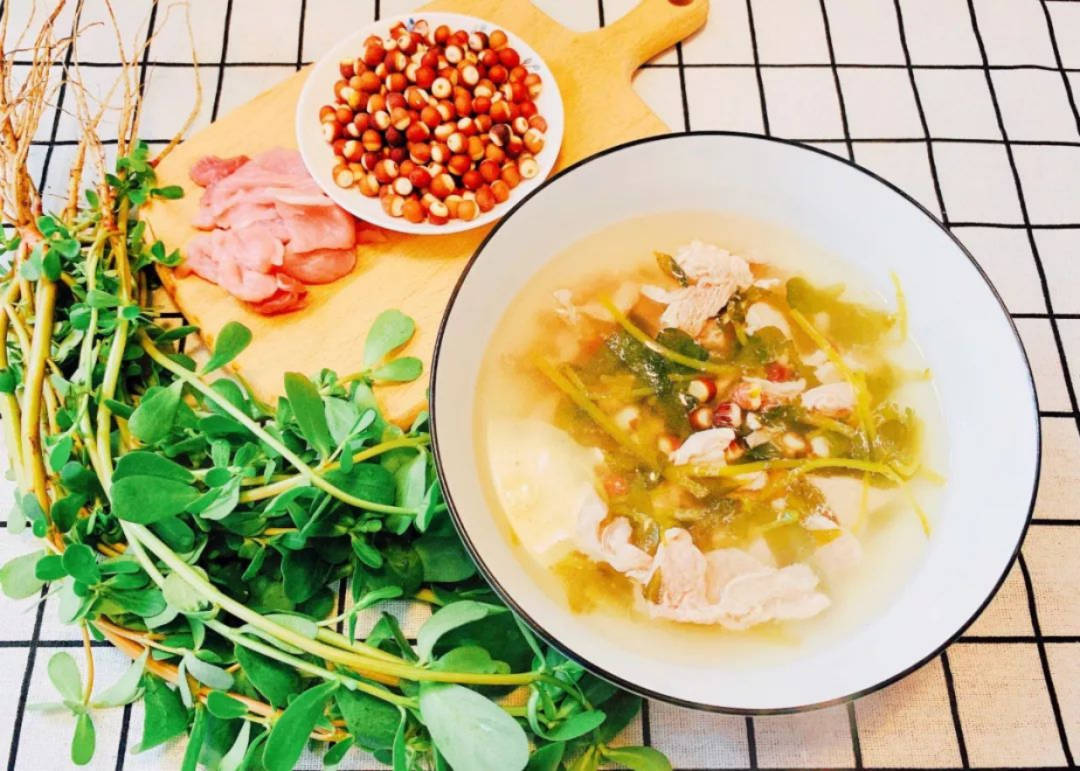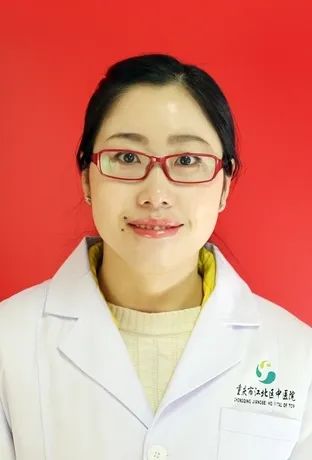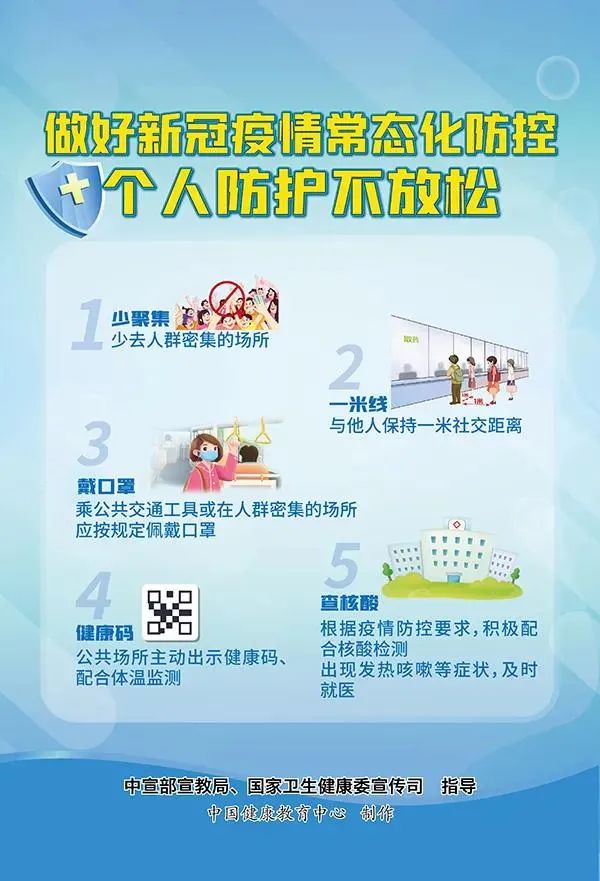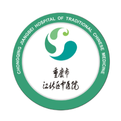The following article is from the Chongqing Jiangbei District Traditional Chinese Medicine Hospital, where the author is most concerned about your health.

Team Medical Mentor: Qin Yun
Chief TCM Physician
Famous TCM Physician in Chongqing
Guiding Teacher of Qin Yun’s Inheritance Studio
Director of Pediatrics at Jiangbei District Traditional Chinese Medicine Hospital
【Weekly Dish】The essence of traditional Chinese medicine health preservation lies in “following the principles of Yin and Yang, harmonizing with the techniques, regulating diet and drink, maintaining regularity in daily life, and avoiding excessive labor” to achieve harmony of body and spirit. Among these, “regulating diet and drink” emphasizes moderation in eating, focusing on the abdomen rather than the eyes; it also stresses that diet should align with the seasons, consuming seasonal ingredients and adhering to local dietary culture. This collective wisdom has unconsciously integrated into the lives of every Chinese descendant over thousands of years. Here, we prepare a weekly dish based on the seasons, whether it be soup, vegetables, porridge, or tea, to help you eat healthily and appreciate the beauty of life!
The Summer Solstice is one of the earliest established solar terms among the twenty-four solar terms, starting from June 21 (or 22) and ending on July 7 (or 8) each year. The Summer Solstice has three phases: the first phase is when deer antlers shed; the second phase is when cicadas begin to sing; and the third phase is when Pinellia ternata (Banxia) sprouts. The Summer Solstice marks the official beginning of hot weather, which becomes increasingly hot and humid, often accompanied by heavy rain. During this solar term, Yang energy is at its peak, with Yang abundant externally and Yin hidden internally. For health preservation, one should adapt to the characteristics of summer, paying attention to protecting Yang energy; the diet should be light, avoiding rich and heavy foods, while incorporating medicinal dishes that nourish the heart and protect Yang, clear heat and eliminate dampness, and strengthen the spleen to achieve health benefits during the Summer Solstice.
Purslane (Ma Chi Xian)
Purslane, scientifically known as Portulaca oleracea, has a sour and cold nature, entering the Large Intestine and Liver meridians. It has the effects of clearing heat and detoxifying, cooling the blood and stopping bleeding, and alleviating dysentery. It is effective for various conditions such as heat toxin dysentery, heat stranguria, urinary retention, leucorrhea, metrorrhagia, hemorrhoidal bleeding, sores, carbuncles, erysipelas, scrofula, and damp eczema.
Poria (Fu Ling)
Poria is beneficial for strengthening the spleen and stopping diarrhea, particularly for symptoms caused by spleen deficiency and improper transformation, such as abdominal distension, loose stools, indigestion, and leucorrhea. It has a dual effect of addressing both the root and the branch, promoting urination and eliminating dampness. Poria is relatively mild, promoting urination without harming the righteous Qi, and is clinically used to treat edema, facial swelling, and urinary difficulties. This Week’s RecommendationPurslane and Lean Meat Soup
This Week’s RecommendationPurslane and Lean Meat Soup
Purslane and Lean Meat Soup

Season: Summer Solstice
Ingredients:
50g Purslane, 250g lean pork, 15g Poria, 3 slices of ginger, appropriate amount of salt and MSG.
Method:
1. Clean the ingredients and set aside; wash the lean pork and cut it into thin slices, then place it in a pot with Poria and ginger, adding 1500ml of water.
2. Bring to a boil over high heat, then reduce to low heat and simmer for about 1 hour. Add Purslane, bring to a boil, and season with salt and MSG.
Expert Commentary:
“The Summer Solstice is not overly hot.” From the Summer Solstice onwards, temperatures gradually rise, and summer heat becomes more intense, while the pores open, making it easier to be invaded by dampness and toxins, leading to digestive system diseases such as diarrhea. Therefore, the diet should focus on clearing heat and eliminating dampness. Purslane has the effects of clearing heat and detoxifying, cooling the blood and stopping bleeding, and dispersing swelling; it is sour and cold in nature, entering the Large Intestine and Liver meridians, effective for heat toxin dysentery, heat stranguria, urinary retention, leucorrhea, metrorrhagia, hemorrhoidal bleeding, sores, carbuncles, erysipelas, scrofula, and damp eczema. Poria is mild and promotes urination, benefiting the spleen and stomach, calming the mind and spirit; together, they work to clear heat and detoxify, eliminate dampness and stop dysentery, making it an excellent choice for consumption during the Summer Solstice.
Tips:
Purslane and Lean Meat Soup is not suitable for everyone and has certain contraindications: those with spleen and stomach deficiency and cold, as well as pregnant women, should avoid Purslane. Due to its cold nature, Purslane is only suitable for certain heat-related conditions. If individuals with spleen and stomach deficiency and cold consume Purslane, it may harm Yang energy, exacerbating abdominal pain and diarrhea symptoms; therefore, this group should avoid Purslane. Additionally, Purslane has a stimulating effect on the smooth muscle of the uterus in women, which may lead to miscarriage, so pregnant women should also avoid it.

On-Duty Physician for This Issue: Zhang Yu
 Deputy Chief TCM Physician in Pediatrics, Master’s Degree in TCM Pediatrics, inheritor and secretary of the National Famous Old TCM Expert Ouyang Zuoli’s Inheritance Studio. Graduated from Nanjing University of Traditional Chinese Medicine. Has studied at Heilongjiang Provincial Hospital of Traditional Chinese Medicine, Jiangsu Provincial Hospital of Traditional Chinese Medicine, and Nanjing Military General Hospital. Engaged in pediatric clinical work for over ten years. Skilled in the comprehensive application of TCM and Western medicine to treat common pediatric diseases of the respiratory, digestive, urinary, and immune systems, such as chronic cough, allergic rhinitis, adenoid hypertrophy, pneumonia, recurrent abdominal pain, anorexia, diarrhea, constipation, urinary tract infections, ADHD, and tic disorders.Warm Reminder:Want to know your body constitution? Want to know what kind of health preservation plan is most suitable for you? You can visit the Nutrition Department or the Preventive Medicine Department at Jiangbei District Traditional Chinese Medicine Hospital for constitution assessment!
Deputy Chief TCM Physician in Pediatrics, Master’s Degree in TCM Pediatrics, inheritor and secretary of the National Famous Old TCM Expert Ouyang Zuoli’s Inheritance Studio. Graduated from Nanjing University of Traditional Chinese Medicine. Has studied at Heilongjiang Provincial Hospital of Traditional Chinese Medicine, Jiangsu Provincial Hospital of Traditional Chinese Medicine, and Nanjing Military General Hospital. Engaged in pediatric clinical work for over ten years. Skilled in the comprehensive application of TCM and Western medicine to treat common pediatric diseases of the respiratory, digestive, urinary, and immune systems, such as chronic cough, allergic rhinitis, adenoid hypertrophy, pneumonia, recurrent abdominal pain, anorexia, diarrhea, constipation, urinary tract infections, ADHD, and tic disorders.Warm Reminder:Want to know your body constitution? Want to know what kind of health preservation plan is most suitable for you? You can visit the Nutrition Department or the Preventive Medicine Department at Jiangbei District Traditional Chinese Medicine Hospital for constitution assessment!
Address: Nutrition Department, 1st Floor, Outpatient Building, or Preventive Medicine Department, 4th Floor, Outpatient Building, Jiangbei District Traditional Chinese Medicine Hospital
 Provided by: Jiangbei District Traditional Chinese Medicine Hospital Weekly Dish Team
Provided by: Jiangbei District Traditional Chinese Medicine Hospital Weekly Dish Team


